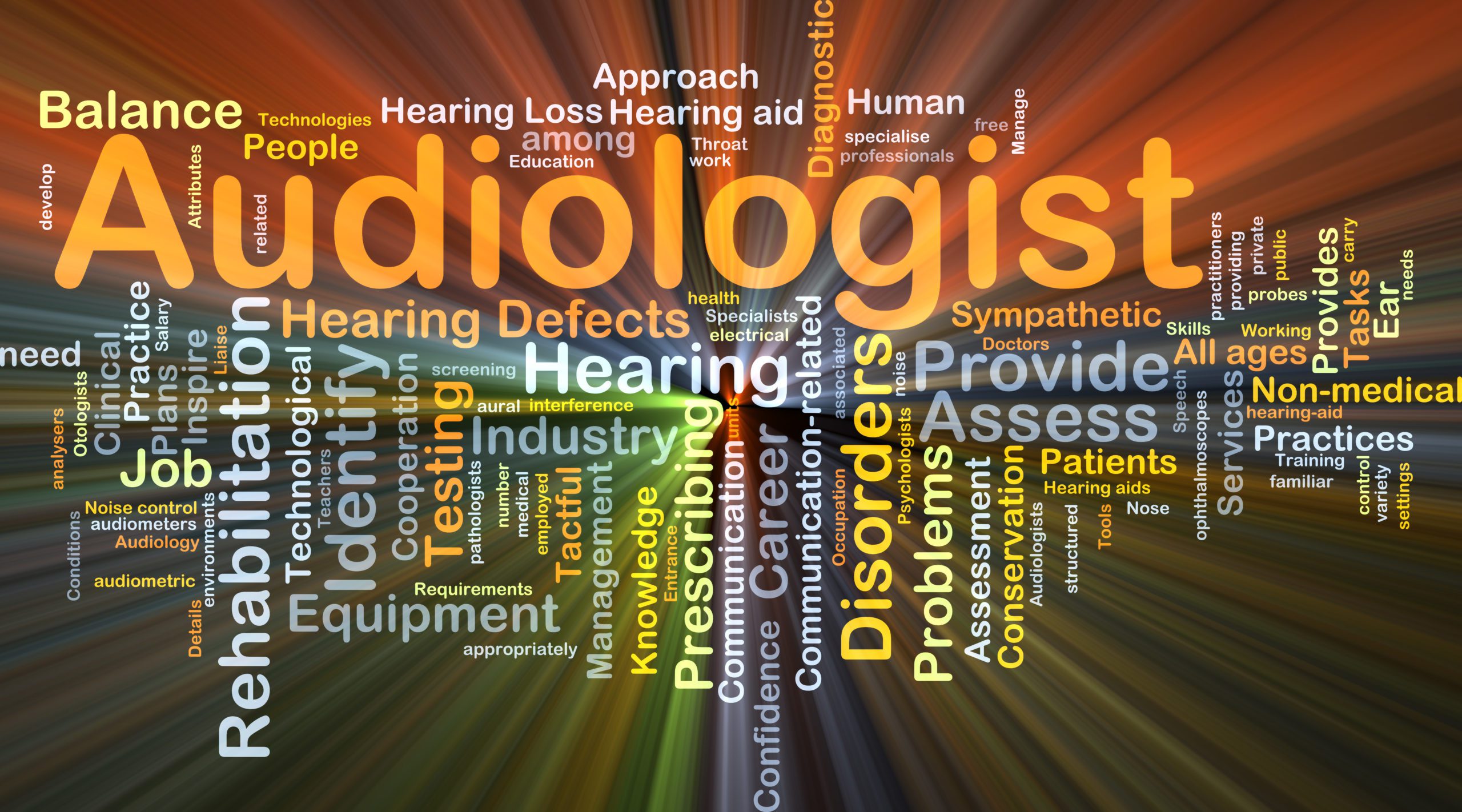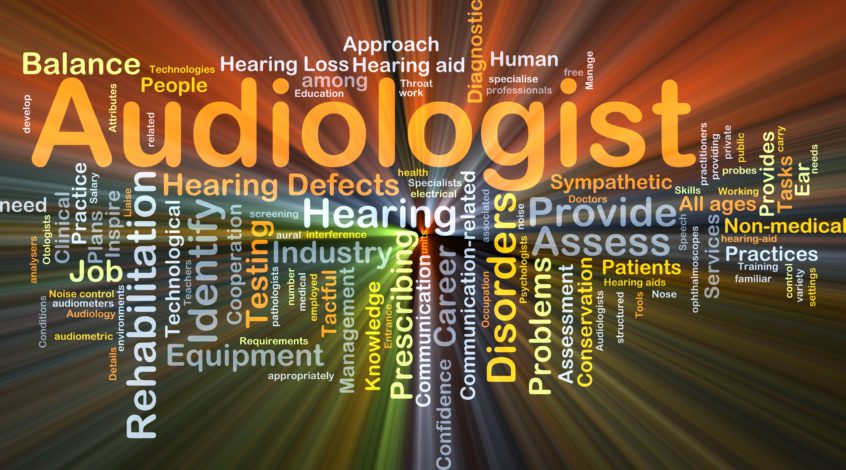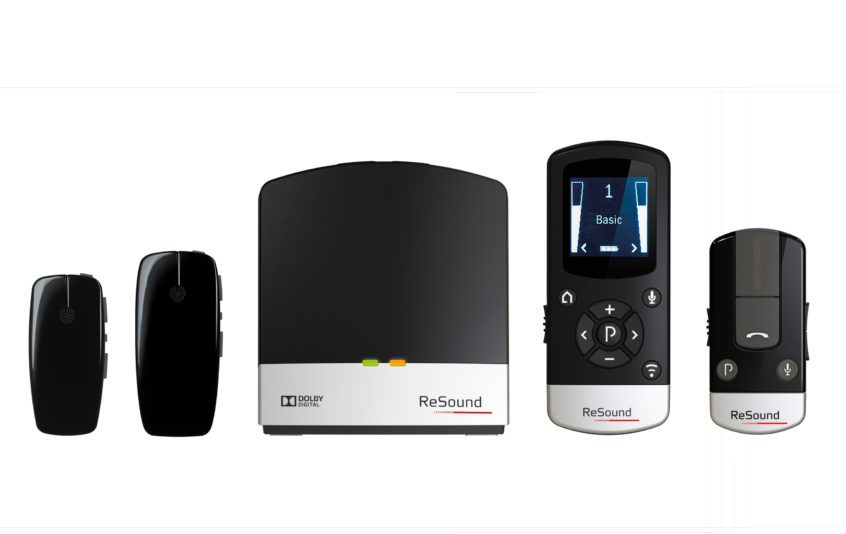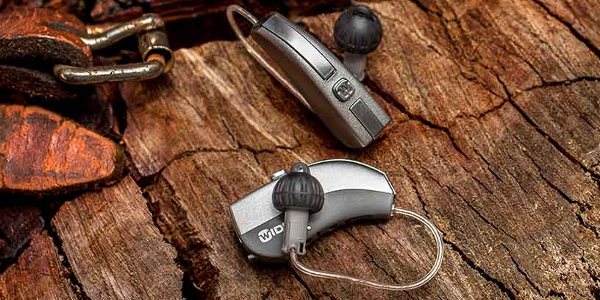If you had a cough or a runny nose, would you go to a dentist? Probably not. Likewise, if you were having chest pains, you probably wouldn’t go to an orthopedic surgeon. You’d probably go to a hospital emergency room or a cardiologist. But lots of people are confused about who they should see if they think they have a … Read More
Three Ways Hearing Loss Impacts Your Daily Life
The effects of hearing loss Your hearing plays a major role in everything you do: your job, your personal life, and even your physical health and safety. Many people assume that “a little hearing loss” isn’t a problem, or that they can simply “get by” by asking people to repeat themselves or being unable to hear in daily situations. Unfortunately, … Read More
What Costs Do I Need to Consider When Buying Hearing Aids?
Hearing aids come in a wide range of styles and technology levels to fit every budget. Entry-level hearing aids at a professional practice such as Associated Audiologists should cost approximately $675 each. Keep in mind that similar to computer or cell phone technology, today’s mid-level hearing aids were considered top-of-the-line five to seven years ago. That means entry or mid-level … Read More
Take Precautions to Prevent Slips and Falls this Winter
In the United States, about one in four adults (30%) age 65 and older, report falling each year, according to the Centers for Disease Control. This results in about 30 million falls each year. While not all falls result in an injury, about 38% of those who fall reported an injury that required medical treatment or restricted their activity for … Read More
How Hearing Aid Accessories Could Help You Hear Better
Public spaces, such as auditoriums, one-on-one conversations, watching television and listening to phone calls or music can all present listening challenges. That’s where hearing aid accessories come in. Hearing aid accessories and devices can bridge the gap between you and the sound source by eliminating the effects of distance, background noise, and reverberation, bypassing challenging acoustics—sending sound directly to your … Read More
Breakthrough Hearing Aid Technology for Today
Want hearing aids that connect to your smartphone and have directional microphones? Or what about hearing aids that stream music, movies, and conversations directly to your ears? Today’s hearing aid technology was only a dream a few years ago–now it’s reality. There are literally hearing aids to help almost every patient, no matter what your listening needs or budget. Here … Read More
Why It’s a Good Idea to Treat Hearing Loss Early
When you go to dinner in a busy restaurant, do you have problems hearing your conversation partner? Are you turning the volume up on your television or radio louder and louder? Do you struggle to hear on the phone? These all are common symptoms of hearing loss. It’s a widely recognized fact that individuals with hearing loss often don’t or … Read More
Is There a Cure for Tinnitus?
According to the American Tinnitus Association (ATA), over 45 million Americans struggle with tinnitus, or ringing in their ears, making it one of the most common health conditions in the United States. Tinnitus is the perception of sound in the absence of an external sound source. Tinnitus can take on any number of characteristics and is usually a sound that … Read More
Does Medicare Cover the Cost of Hearing Aids?
Even though age-related hearing loss is most common among individuals 65 and older, ironically, if you have original Medicare, you usually pay 100 percent of the costs associated with routine hearing exams and hearing aids. However, if your physician orders testing because he or she suspects you may have a medical condition requiring treatment that can be diagnosed with a … Read More
Your Benefits—Use ‘Em or Lose ‘Em!
According to healthcare.gov, if you have a health plan through your job, you can use a Flexible Spending Account (FSA) to pay for copayments, deductibles, some medications, and some other health care costs, including hearing aids. Using an FSA also can reduce your taxes. How does an FSA work? All year long via your employer’s plan, you have a designated … Read More












